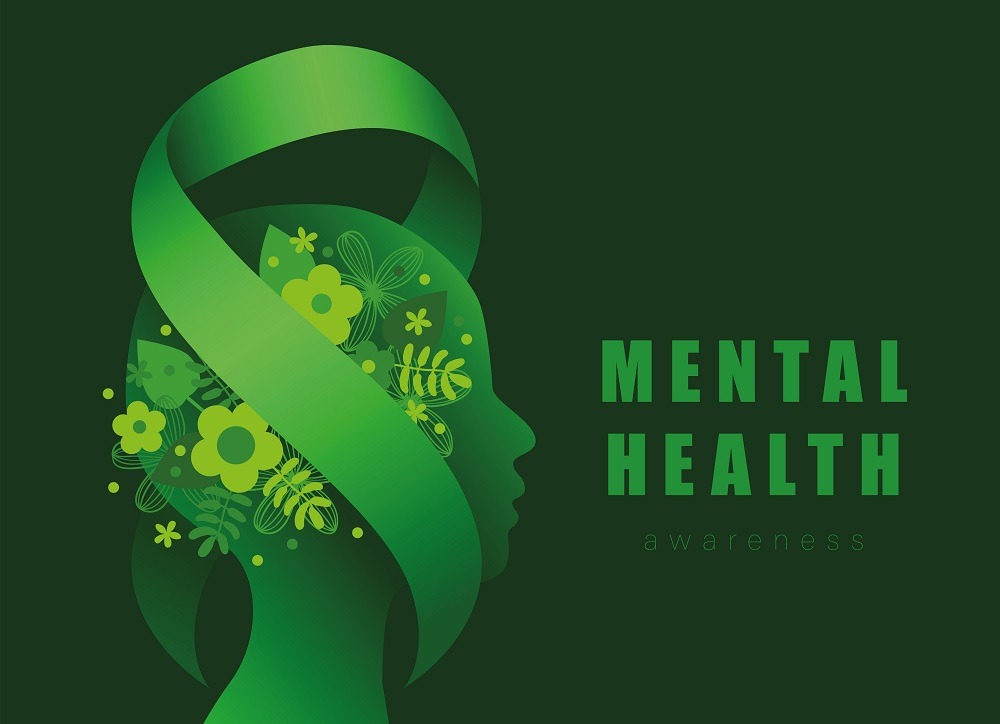Every May, the world comes together to recognise Mental Health Awareness Month, a time dedicated to raising awareness about mental health issues, reducing stigma, and promoting strategies for mental and emotional well-being. As mental health challenges continue to rise globally, especially after the COVID-19 pandemic, the importance of this observance cannot be overstated.
In this detailed article, we explore the history, importance, common mental health conditions, ways to support others, and simple actions you can take to contribute to a healthier, more understanding society.
🧠 Why Mental Health Awareness Month Matters
Mental health affects how we think, feel, and behave. It influences how we handle stress, relate to others, and make decisions. Despite its critical role in our lives, mental health is often misunderstood, neglected, or stigmatised.
According to the World Health Organisation (WHO):
- Over 970 million people worldwide suffer from a mental disorder.
- Depression is a leading cause of disability globally.
- 1 in 5 people experience mental health issues each year.
This month aims to:
- Encourage open conversations around mental illness.
- Highlight the importance of mental well-being.
- Promote access to mental health resources and care.
📜 The History of Mental Health Awareness Month
Mental Health Awareness Month was first celebrated in May 1949 in the United States, initiated by Mental Health America (MHA). Since then, organisations around the world have joined in to raise awareness each year through events, campaigns, and public education.
Each year has a unique theme. While the official theme for 2025 may vary, the focus remains on early intervention, community support, and reducing stigma.
⚠️ Common Mental Health Issues
Understanding common mental health conditions is the first step toward empathy and support. Here are some of the most prevalent issues:
1. Anxiety Disorders
- Includes Generalised Anxiety Disorder, Panic Disorder, and Social Anxiety.
- Symptoms: Excessive worry, restlessness, difficulty concentrating.
2. Depression
- A persistent feeling of sadness and loss of interest.
- It can affect sleep, appetite, energy, and daily functioning.
3. Bipolar Disorder
- Causes extreme mood swings from highs (mania) to lows (depression).
4. Post-Traumatic Stress Disorder (PTSD)
- Often develops after experiencing or witnessing a traumatic event.
5. Obsessive-Compulsive Disorder (OCD)
- Characterised by unwanted, recurring thoughts (obsessions) and behaviours (compulsions).
6. Eating Disorders
- Includes anorexia, bulimia, and binge-eating disorder.
👥 How to Support Others Struggling with Mental Health
Being supportive doesn’t always mean giving solutions. Sometimes, simply being present is powerful.
Here’s how to help:
- Listen without judgment: Let them speak freely.
- Validate their feelings: Say things like "I’m here for you" or "That sounds really hard."
- Encourage professional help: Suggest seeing a therapist or counsellor.
- Check in regularly: Show ongoing care.
- Learn about their condition: Understanding makes you a more compassionate ally.
🧘 Practical Tips for Supporting Your Own Mental Well-being
You can also prioritise your own mental health with these science-backed tips:
✅ 1. Practice Self-Care Daily
- Take time for activities you enjoy.
- Limit screen time and negative media.
✅ 2. Maintain Physical Health
- Exercise boosts endorphins, your natural mood elevators.
- Eat a balanced diet and get quality sleep.
✅ 3. Talk About Your Feelings
- Don’t bottle up emotions. Speak to a friend, family member, or therapist.
✅ 4. Set Healthy Boundaries
- Learn to say no and avoid overcommitting.
✅ 5. Meditate and Breathe
- Mindfulness and deep breathing reduce stress and anxiety.
📢 How to Participate in Mental Health Awareness Month 2025
Even small actions can create a ripple effect. Here’s how you can get involved:
📅 Host or Join Events
- Attend webinars, workshops, or awareness walks.
- Host mental health first-aid sessions in your community.
🎨 Share on Social Media
- Post facts, personal stories, or mental health tips.
- Use hashtags like #MentalHealthAwareness, #BreakTheStigma, #MHA2025.
📚 Educate Yourself and Others
- Read books, watch documentaries, and follow credible mental health resources.
- Discuss mental health at schools, offices, and homes.
📝 Donate or Volunteer
- Support NGOS and mental health organisations.
- Volunteer for helplines or awareness campaigns.
🏁 Conclusion
Mental Health Awareness Month is more than a campaign—it’s a global movement to empower individuals, educate communities, and create a compassionate society. Whether you’re struggling personally or want to support someone who is, remember: you are not alone. Every step, every conversation, and every act of kindness makes a difference.
By spreading awareness, practising self-care, and advocating for change, we can break the stigma surrounding mental health and move toward a world where mental well-being is prioritised for all.
Disclaimer: This article is for informational purposes only and does not constitute professional advice. Read our full Disclaimer.













Recent Comments
No comments yet.